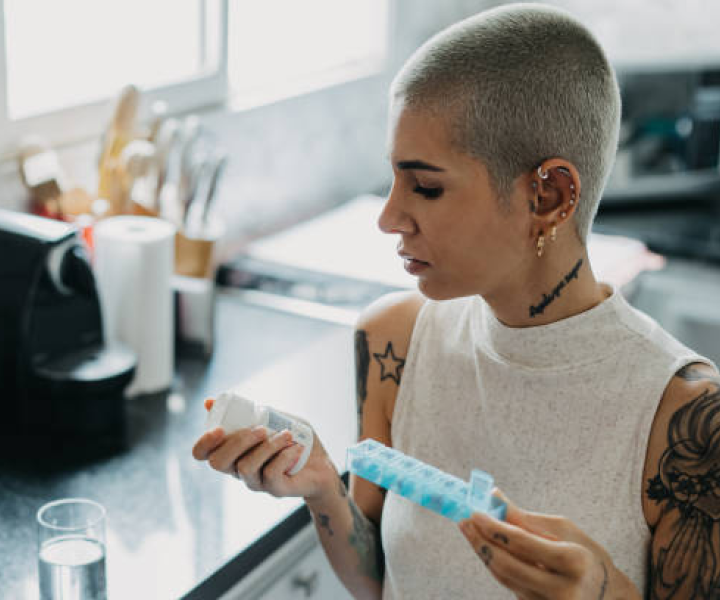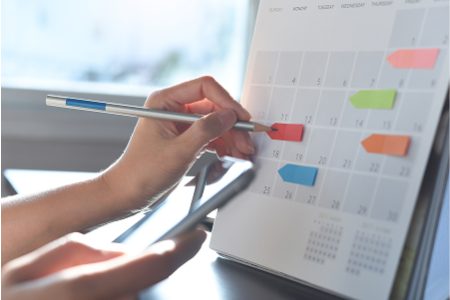
SOMEONE’S PILLS ARE NOT YOUR STUDY BUDDY:
The Truth About Prescription Stimulants
Prescription stimulants continue to be misused on college campuses. Using someone else's prescription stimulants isn't the academic hack you might think it is. In fact, studies show it can lower your GPA. Here's what you need to know.
What Are Stimulants?
Stimulants are drugs that speed up messages between the brain and body. The National Institute of Health defines stimulants as a broad class of drugs that increase the activity of the central nervous system. Stimulants can come in different forms such as caffeine or nicotine. Stimulants can also be prescribed or illicit.
- Prescription stimulants are prescribed by a doctor to treat hyperactivity disorder (ADHD), Narcolepsy, and sometimes depression or obesity (Adderall®, Ritalin®, Provigil®, and Vyvanse®).
- Illicit stimulants are not obtained through a healthcare provider or regulated by the Federal Drug Administration (Methamphetamine, Cocaine, and Ecstasy).
Real Talk
Why Prescription Stimulants Aren't Your Study Solution
These drugs are unsafe for misuse; although they have been cleared by The Food and Drug Administration (FDA), they can have serious side effects when used incorrectly. Taking stimulants with other substances, especially alcohol, can be harmful and deadly.
Warning Signs Someone Might Be Misusing Stimulants
Physical Warning Signs
- Changes in appetite
- Changes in weight
- Changes to sleep
- Twitches or jitteriness
- High blood pressure
- Fast heart rate
- Blemishes or other skin issues
- Needing new prescriptions often
Behavioral Warning Signs
- Very talkative
- Memory problems
- Seeming overworked or hyper-focused
- Paranoia or hallucinations
- Racing thoughts
- Changes in social involvement
- Lying about their whereabouts
- Changes in financial stability
- Buying stimulants online or without a prescription
Better Ways to Crush Your Goals
Quick Study Hacks That Actually Work
- Make a study schedule
- Create a to-do list with small tasks
- Study with a friend or join a study group
- Take a power nap
- Take short breaks (Try the Pomodoro® Technique)
Daily Habits That Make a Difference

Lock in a Routine: Break your day into manageable chunks

Hydrate: Water is your brain's best friend

Fuel Up: Power foods like nuts, berries, eggs, and dark chocolate boost focus

Sleep Right: Aim for 8 hours - your grades will thank you

Move Your Body: Even a quick walk can reset your brain and boost your mood
If You Have a Prescription
Use meds safely:
- Get the right medicine: Tell your healthcare provider about everything you take (including over-the-counter meds, herbs, and supplements)
- Follow directions carefully: Don't stop or change the dose on your own without talking to your healthcare provider.
- Know your side effects: Ask your healthcare provider what to expect and what to avoid when taking this medicine.
- Never mix meds: Avoid taking stimulants with alcohol and other substances or medications. It is very dangerous to combine opioids with other drugs, especially those that cause you to be drowsy.
- Never share meds: It’s against the law. Even if you have a similar medical condition, it may not be the right medicine. It’s not worth the risk.
Keep your meds safe and private:
- Store them out of sight, especially during parties and in college dorms.
- Use a lockable med box or pouch.
- Keep them in their original container
Remember: Trying to shortcut success isn't worth risking your health or future. You've got what it takes to succeed on your own terms.